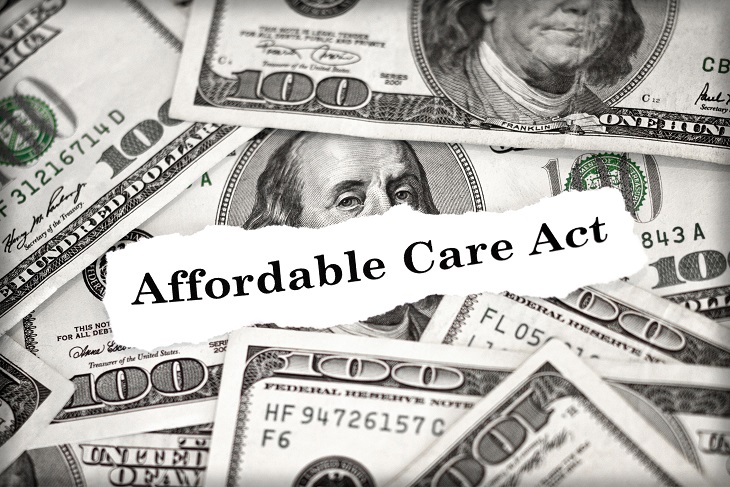
While the Affordable Care Act (ACA) enabled tens of thousands of uninsured Americans with lower incomes to get their healthcare needs covered at the lowest possible premiums, it undermined the possibility of increase in moral hazards within the healthcare insurance industry. Mandatory health insurance coverage, community ratings, pricing restrictions, enhanced minimum standards and limited incentives for encouraging health insurance purchases are to name a few. To know how Affordable Care Act provisions can affect moral hazards, it is vital for you to understand what exactly the term “moral hazard” means as well as specific manner in which the health insurance market works.
The term “moral hazard” refers to a situation where in one party has the privilege to use resources that are more than normally used since another party is going to bear the costs. It means one party is taking more risks over other party; the resultant is what is known as moral hazard. It has nothing to do with morals but its effects on market can be felt in supply restrictions, increased prices and encouraged overconsumption. Moral hazards exist between insurers and their customers and could be very much similar to the ones experienced among lenders and borrowers or employers and employees.
Long before Obamacare or ACA came into effect way back i n 2010, there were moral hazards in the health insurance industry. For example, tax credits were provided to employers for buying group healthcare insurance policies. But the Affordable Care Act has changed offered more concessions for making health insurance coverage more affordable. Accordingly, the following features became effective.
However, the individual mandate requirement has now been repealed following changes to Tax Cuts and Jobs Act, 2017. The new law, starting 2019, eliminates penalty clause for not getting personal or family health insured. A restriction in costs, mandatory healthcare coverage and reduction in health insurance benefits has made the ACA almost redundant. This has invariably lead to hike in premiums and now things appear to be more consistent with the economic theory of moral hazards.
Click on the button below to shop and compare plans!

 The Covid-19 Pandemic - How to get Health Insurance?
Read More
The Covid-19 Pandemic - How to get Health Insurance?
Read More
 Corona Virus and Health Insurance Coverage
Read More
Corona Virus and Health Insurance Coverage
Read More
 HMO Vs PPO
Read More
HMO Vs PPO
Read More
 Alternatives To Standard Health Insurance
Read More
Alternatives To Standard Health Insurance
Read More
 All About COBRA Coverage & Health Insurance Marketplace Options
Read More
All About COBRA Coverage & Health Insurance Marketplace Options
Read More
 ACA And The Effects Of Moral Hazards In Industry
Read More
ACA And The Effects Of Moral Hazards In Industry
Read More
 Does Your Health Insurance Plan Cover You While Traveling Overseas?
Read More
Does Your Health Insurance Plan Cover You While Traveling Overseas?
Read More
 Gap Insurance For High Deductible Healthcare Plans
Read More
Gap Insurance For High Deductible Healthcare Plans
Read More
 Which State Charge Panelty If You Don't Buy Health Insurance Policy?
Read More
Which State Charge Panelty If You Don't Buy Health Insurance Policy?
Read More
 Can You Get Health Insurance If You Have Cancer?
Read More
Can You Get Health Insurance If You Have Cancer?
Read More
 How To Save Money On Health Insurance Premiums?
Read More
How To Save Money On Health Insurance Premiums?
Read More